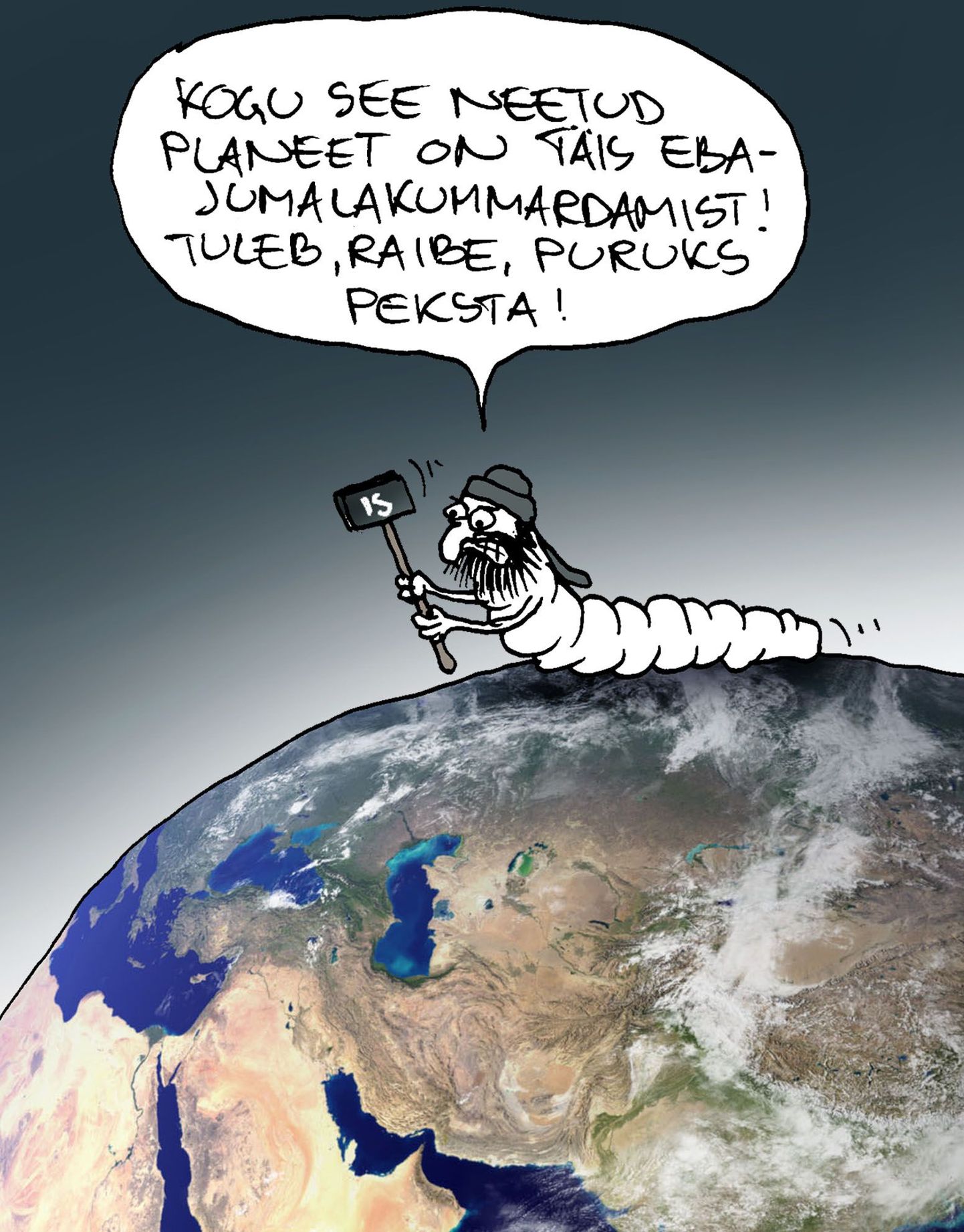
A look at fresh videos is like beholding Barbarians of old: wiping off works of dozens and dozens of generations – physical memorials to what mankind had achieved.

A look at fresh videos is like beholding Barbarians of old: wiping off works of dozens and dozens of generations – physical memorials to what mankind had achieved.
In real time, we see the option for cultural backsliding, witnessing to it happening and hearing the explanations by its executors. The ideological talk combined with greed of gain – the former whitewashing the latter.
The terrorist Islamic State is trampling on the very cultural cradle of humankind. While Iraq might stand as legal holder of what has been preserved, in the broader sense humanity owns it.
It is tearing down idols, we hear the terrorists explain. How, one would ask, may memorials of faiths long gone threat the modern Islam. In all probably, the videos we are fed are partly to cover up systematic plundering of museums.
We are beholding the barbarous crushing of items collected over these past few centuries, and of monuments unearthed. The other part – how some is hauled away and sold on black market – Islamic State opts not to show of course.
By nature, robbery is not much better than the crushing, as the items assume value while in context – studied as a whole, essential conclusions can be drawn regarding people and societies of old. Taken separately, they may decorate the office of some collector, but much of the story is lost. And it’s not just the ancient walls and sculptures – the centuries of toil by museum staff is also a value thus destroyed.
To preserve cultural heritage in armed conflicts, the 1954 Hague Convention and later protocols have come to be. Like lots of other documents of international law, these make sense if enforced by state power and authority. In lots of armed conflicts of today, cultural heritage has suffered; in this extreme Islamic approach, we are shocked by the systematic approach.
In the events unfolding and as seen on areas subdued under Islamic State and, for instance, Boko Haram, we see the dependence of culture on security and basic order. Indeed, cultural backsliding is an option if society stands helpless to defend itself from extremists.